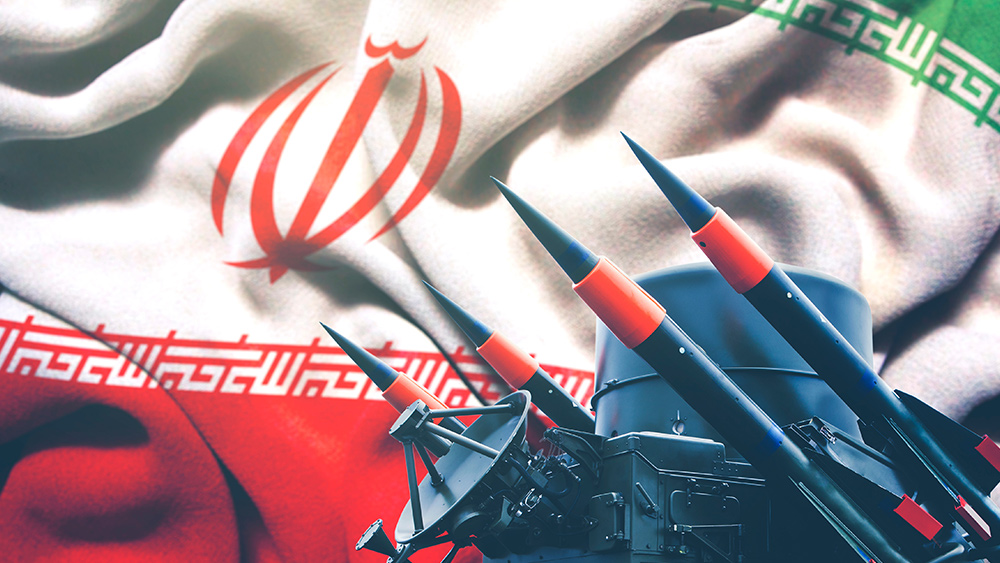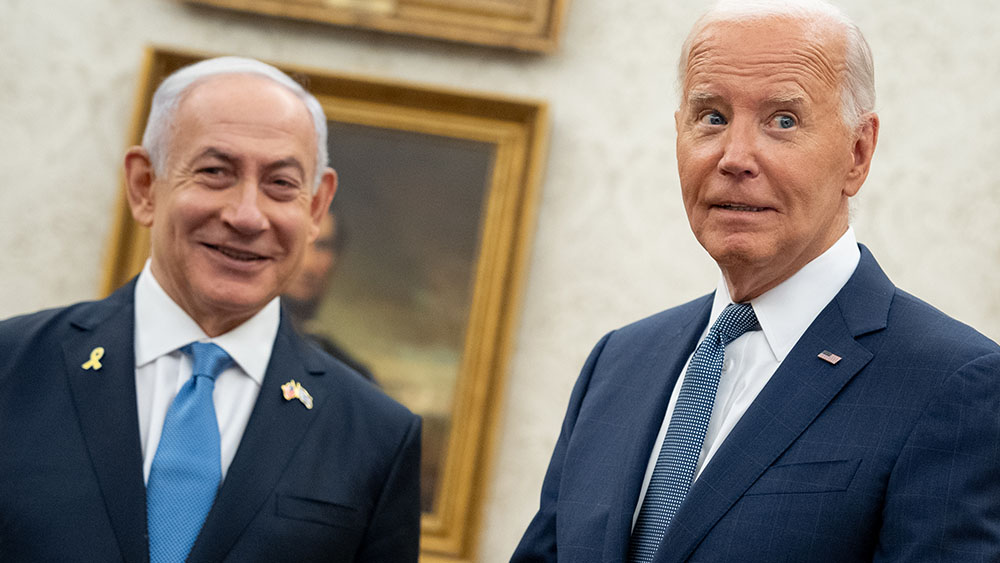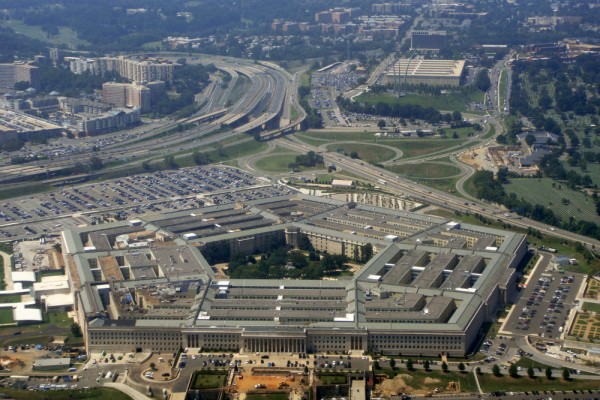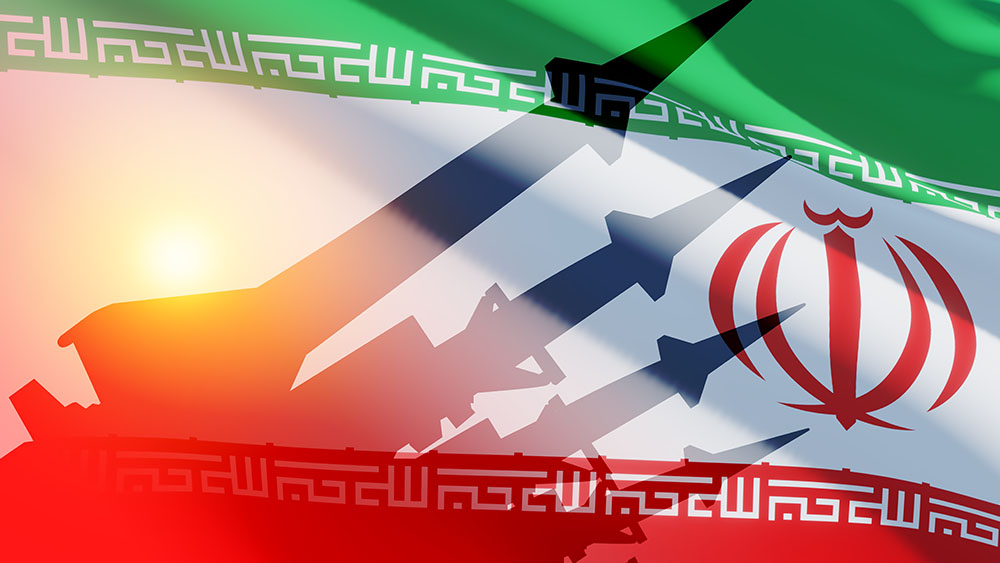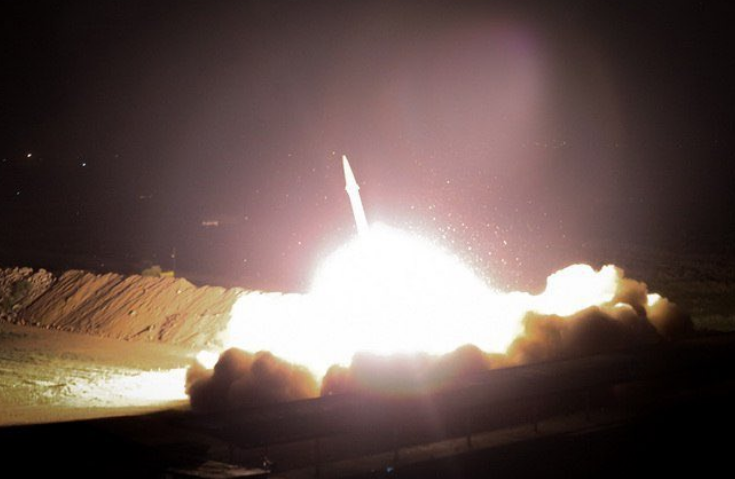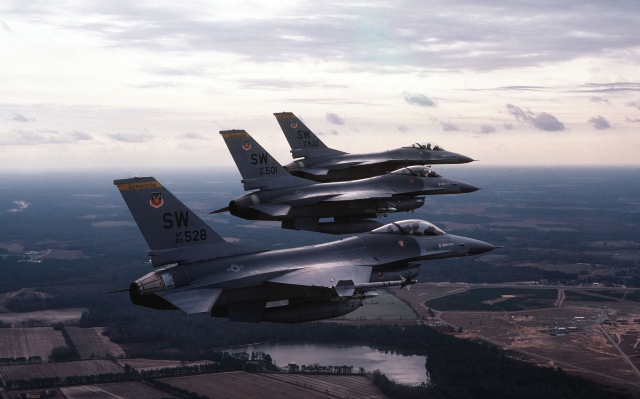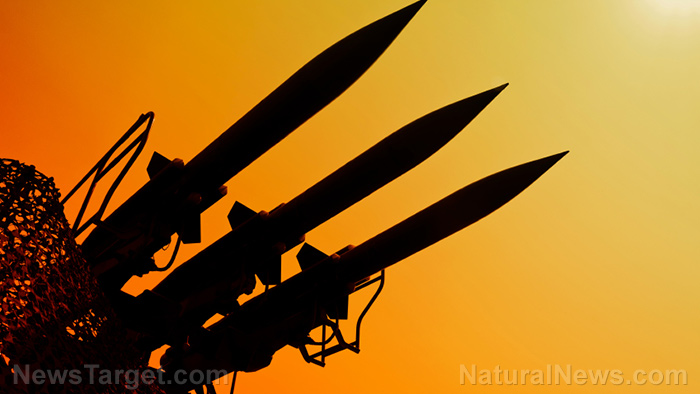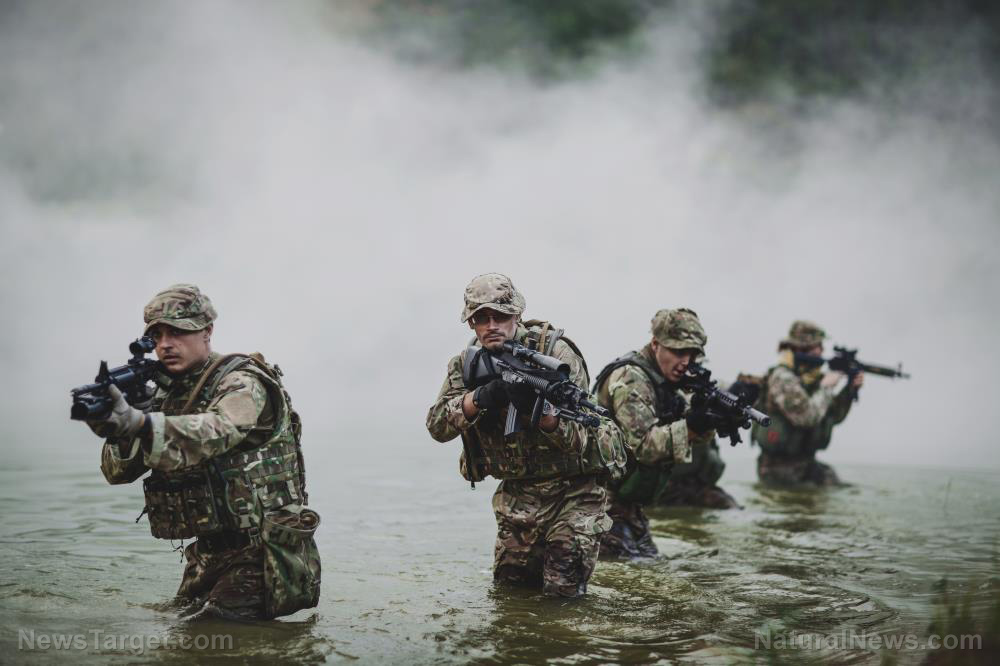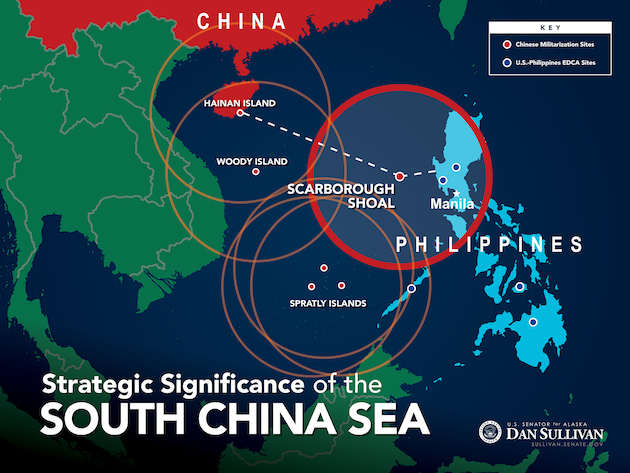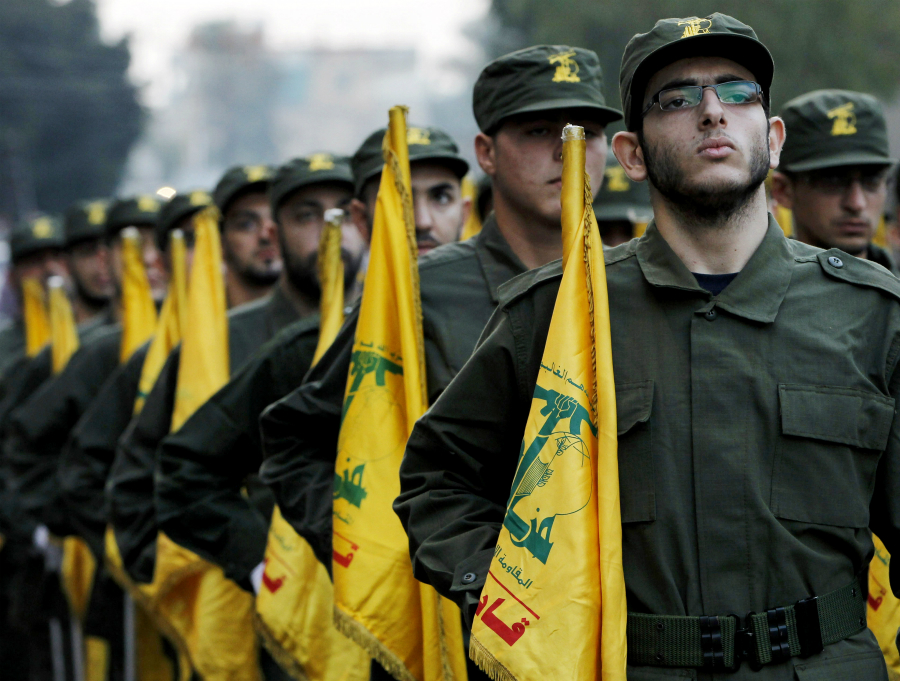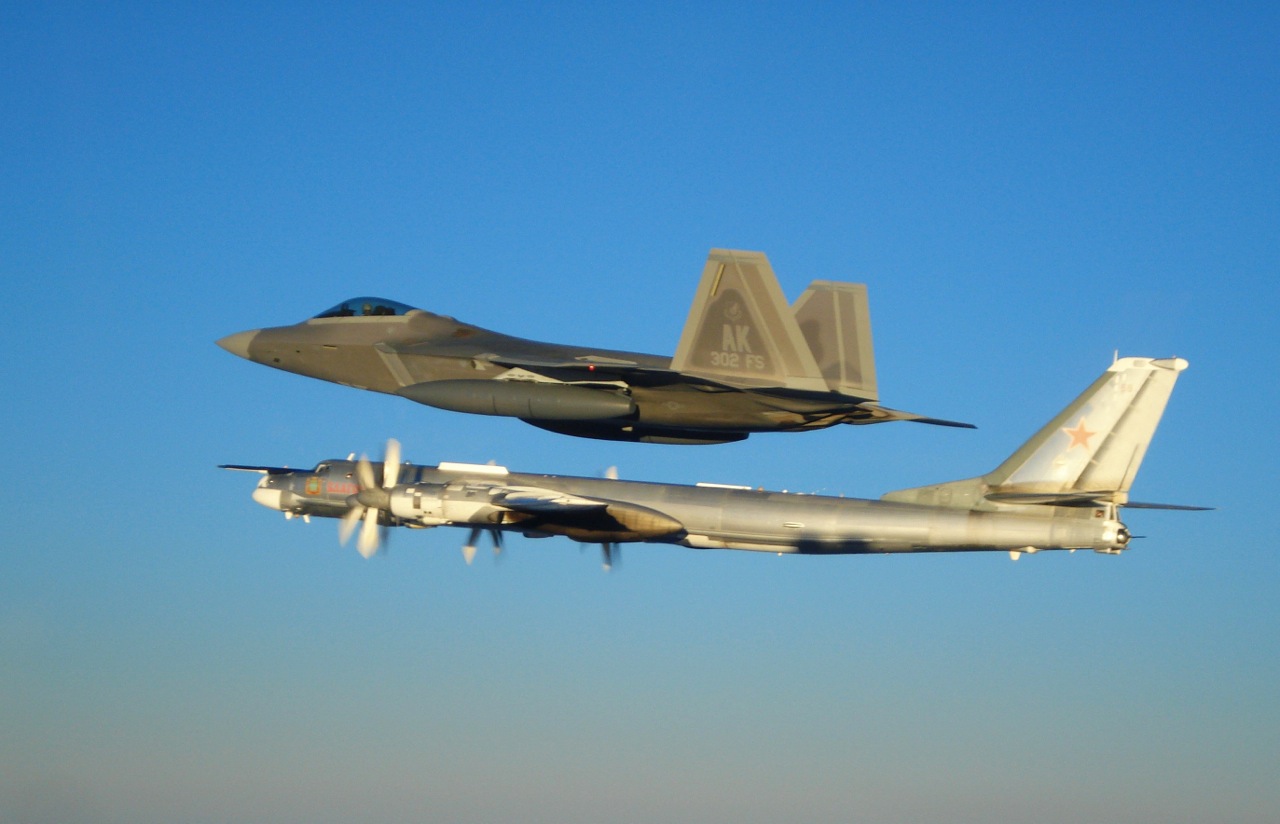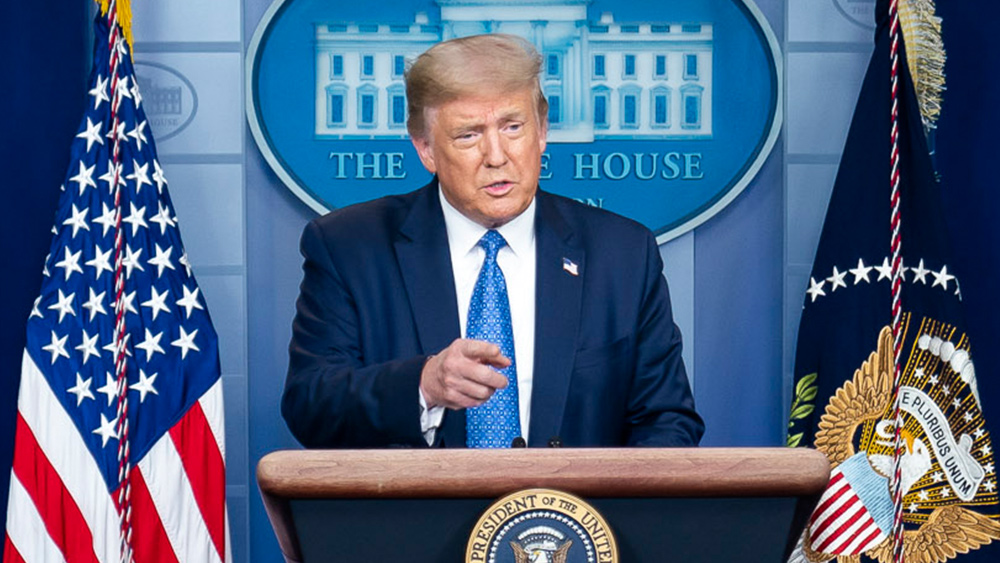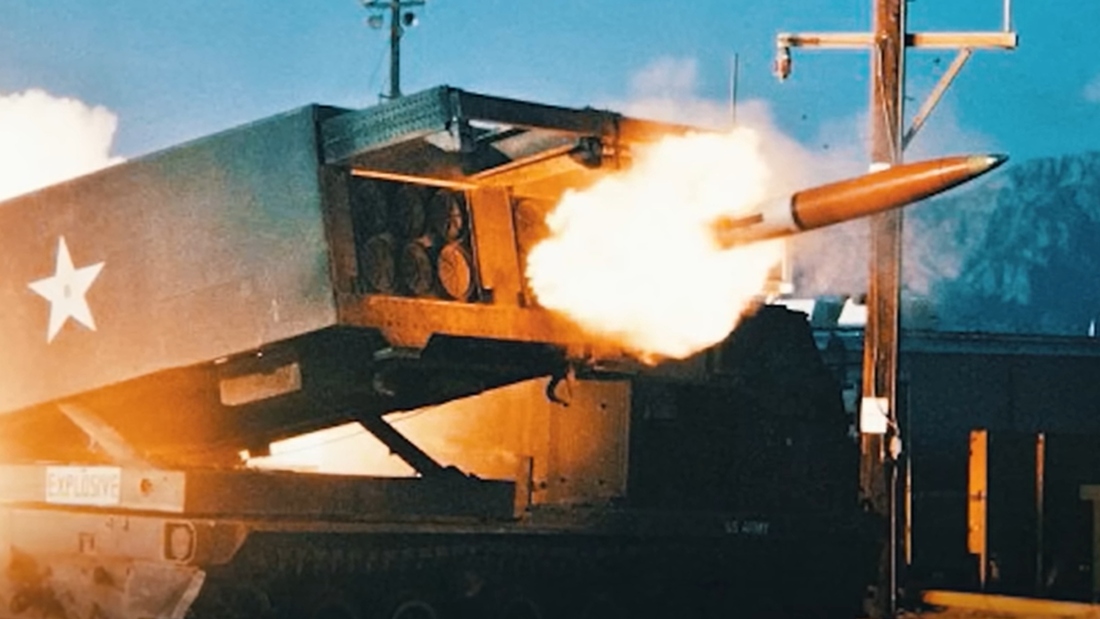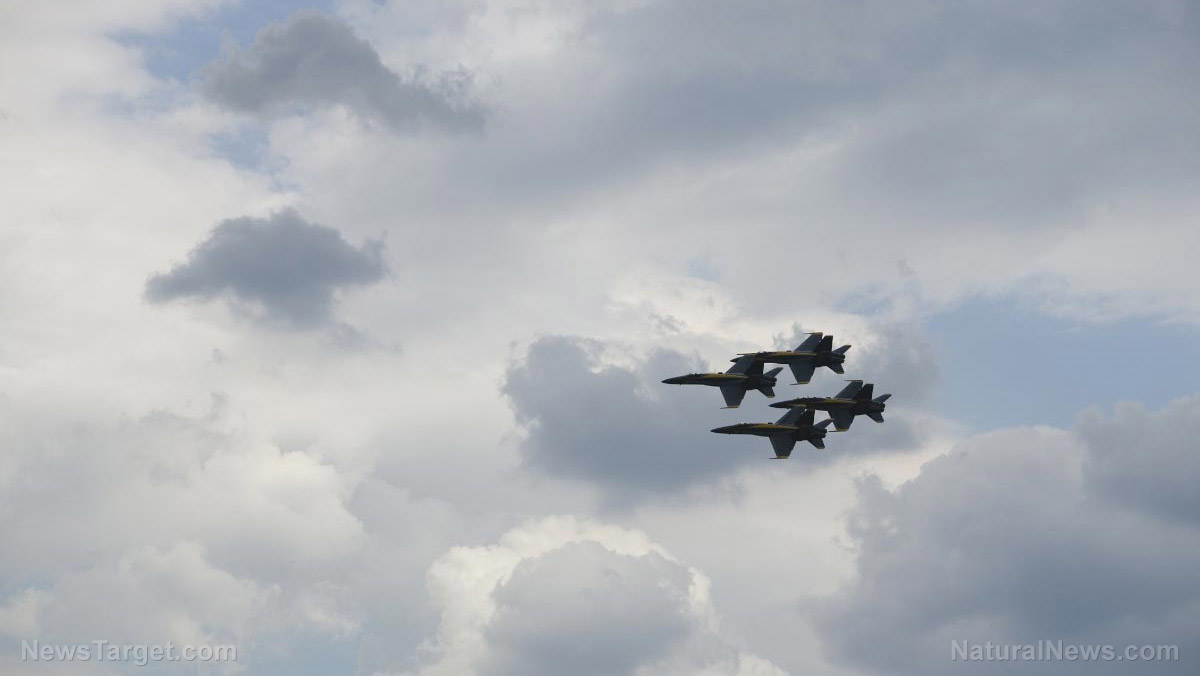U.S. to boost military presence in Middle East following rocket attack on Al-Asad Airbase in Iraq
08/08/2024 / By Richard Brown

American defense officials are bracing for a potential escalation in the Middle East after a rocket attack injured several U.S. personnel at a military base in Iraq.
The attack has prompted U.S. Secretary of Defense Lloyd Austin to announce the deployment of additional military assets to the region, including fighter jets, carrier strike groups, and ballistic missile defense-capable cruisers and destroyers.
That attack involved the use of Soviet-era Katyusha rockets that successfully targeted the joint American-Iraqi-controlled Al-Asad Airbase in western Iraq. Seven U.S. personnel were injured in the attack.
This heightened military posture comes amid rising tensions as Iran threatens retaliation against Israel for the recent assassination of Hamas leader Ismail Haniyeh in Tehran. (Related: Iranian analyst warns of harsher response to Haniyeh’s killing than previous strike on Israel.)
An Iraqi military source reported that two rockets landed inside the base, while others hit a nearby village without causing significant damage.
Pro-Iranian armed groups in the region have been known to target U.S. bases during periods of heightened tension, though no group has claimed responsibility for the latest attack. The rocket fire at the U.S. base is part of a broader pattern of attacks on American interests in the region.
The U.S. response includes an increase in military capabilities to bolster defense and support for its regional allies. The U.S. claims this decision to increase its military presence in the Middle East is aimed at defending its forces and bolstering regional stability.
Attack on U.S. base could be part of escalating conflict between Israel and Iran
In Washington, President Joe Biden and Vice President Kamala Harris convened a high-level meeting in the Situation Room to discuss the incident and its implications.
National security officials informed them that the timing and specifics of Iran’s potential retaliatory actions remain uncertain. There are concerns about potential attacks from both Hezbollah in Lebanon and the Iranian Armed Forces, though intelligence on the exact nature and timing of such attacks is still evolving.
Israeli Foreign Minister Israel Katz has stated that Iran is likely to strike Israel in retaliation for Haniyeh’s assassination, which followed an Israeli airstrike in Beirut that killed Hezbollah military commander Fuad Shukr.
Secretary of State Antony Blinken warned of the possibility of imminent Iranian retaliation during a G7 meeting. Secretary of Defense Lloyd Austin also spoke with Israeli Defense Minister Yoav Gallant, reaffirming U.S. support for Israel.
Iran has openly threatened Israel, asserting its “legal right” to retaliate against what it considers an Israeli aggression. Iranian Foreign Ministry spokesperson Nasser Kanani and Revolutionary Guard General Hossein Salami have made strong statements against Israel, with Salami warning of severe consequences for Israel’s actions.
Hezbollah, backed by Iran, has intensified its actions, including launching a salvo of 30 missiles from Lebanon into northern Israel. This escalation comes amid fears of a broader conflict involving Iran’s proxies and Israel.
Israeli Prime Minister Benjamin Netanyahu has described the current situation as a “multi-front war” with Iran and has emphasized Israel’s preparedness for various scenarios. Accusations have been made against Netanyahu for not pursuing a ceasefire with Hamas, as Haniyeh was the group’s lead negotiator.
Watch this Aug. 5 episode of “Brighteon Broadcast News” as host Mike Adams, the Health Ranger, discusses how an escalation of the brewing conflict between Iran and Israel will draw in China and Russia on the side of Tehran.
This video is from the Health Ranger Report channel on Brighteon.com.
More related stories:
U.S. on high alert as Iran’s proxies threaten retaliation following Israeli strikes.
Israeli Prime Minister Netanyahu calls for U.S.-Israel alliance to combat “Iranian threat.”
Sources include:
Submit a correction >>
Tagged Under:
big government, chaos, conflict, conspiracy, escalation, fascism, Holy War, Iran, Iran-Israel conflict, Iraq, Ismail Haniyeh, Israel, Middle East, military tech, national security, rocket strike, rockets, self-defense, terrorism, violence, weapons technology, WWIII
This article may contain statements that reflect the opinion of the author
RECENT NEWS & ARTICLES
COPYRIGHT © 2017 WEAPONSTECHNOLOGY.NEWS

